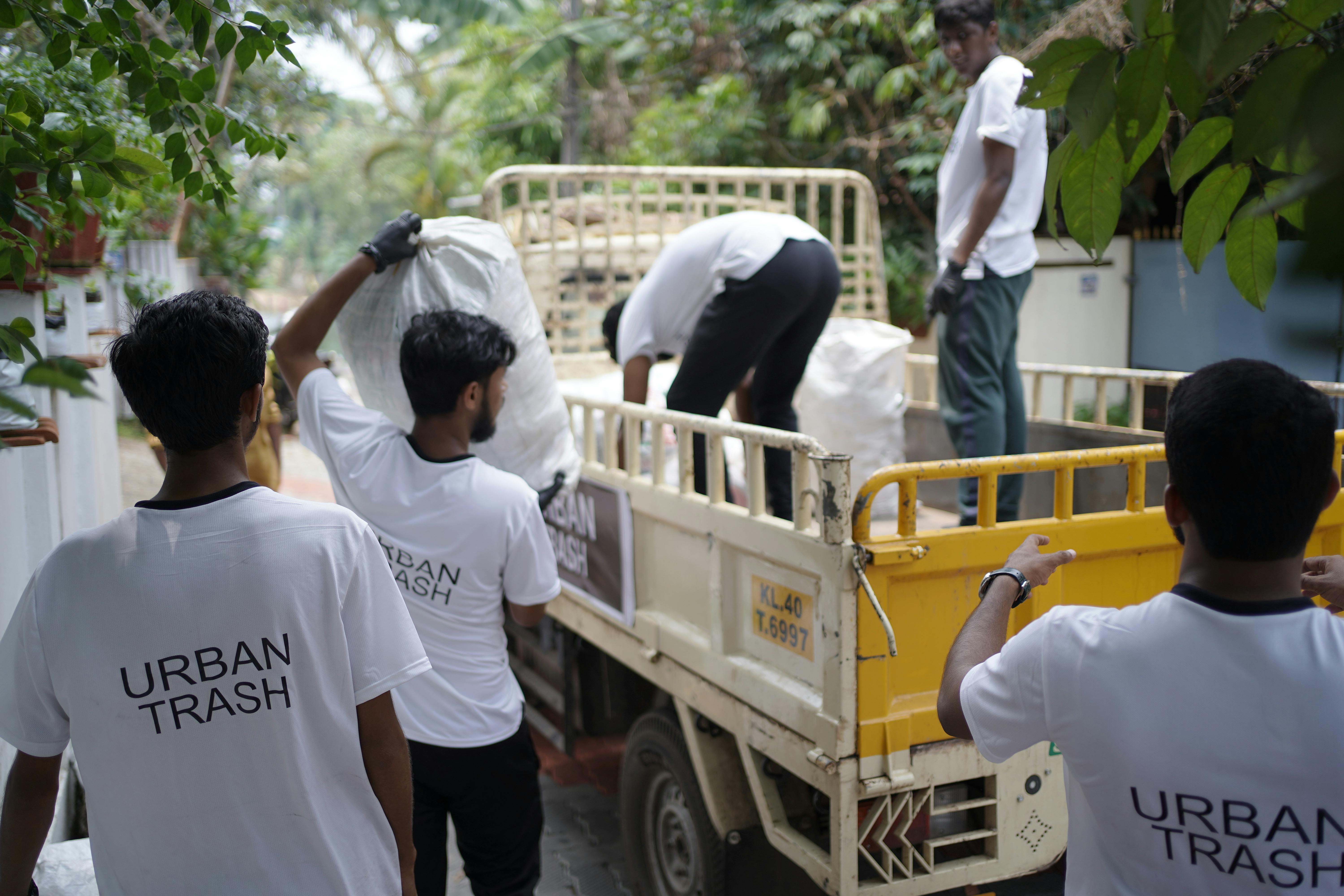 Introduction
Introduction
When considering waste and waste management, it is important to choose the best option available. The right waste and waste management system will ensure that your facility can handle all waste efficiently and safely. In this blog post, we’ll explore how to select the best waste and waste management system for your needs. We’ll discuss the different types of waste and waste management systems available, the advantages of each of them, and tips for choosing the best one for your needs.
Types of Waste and Waste Management Systems
The first step in selecting the best waste and waste management system is to understand the different types available. Here is a list of the most popular waste and waste management systems:
1. Waste Disposal Systems: Waste disposal systems are one of the most common forms of waste and waste management systems. This type of system involves collecting and disposing of waste in a safe and efficient manner. The waste is typically collected and disposed of in either landfills or incinerators.
2. Recycling Programs: Recycling programs are designed to reduce the amount of waste being sent to landfills and incinerators. This type of waste and waste management system involves collecting, sorting, and reusing waste materials. Recycled materials can then be used to create new products.
3. Composting: Composting is a form of waste and waste management that involves collecting organic materials and breaking them down into a soil-like material. This material can then be used to fertilize plants.
4. Waste-to-Energy Systems: Waste-to-energy systems are designed to convert waste into usable energy. This type of waste and waste management system involves collecting, treating, and burning waste materials to create energy.
Advantages of Each System
Now that you understand the different types of waste and waste management systems, let’s take a look at the advantages of each. Here are the pros and cons of each type of system:
1. Waste Disposal Systems: One of the main advantages of waste disposal systems is that they are typically the most cost-effective way to dispose of waste. However, these systems can also be harmful to the environment if not properly managed.
2. Recycling Programs: Recycling programs are beneficial for the environment because they reduce the amount of waste being sent to landfills and incinerators. Additionally, they can also help reduce your facility’s operating costs. However, these programs can be expensive to implement.
3. Composting: Composting is beneficial for the environment because it can reduce the amount of waste being sent to landfills and incinerators. Additionally, it can also help reduce the amount of fertilizer needed for plants. However, composting can be time-consuming and require a lot of maintenance.
4. Waste-to-Energy Systems: Waste-to-energy systems are beneficial for the environment because they can reduce the amount of waste being sent to landfills and incinerators. Additionally, they can also help reduce your facility’s operating costs. However, these systems can be expensive to implement and need to be carefully monitored.
Tips for Choosing the Best Waste and Waste Management System
Now that you understand the different types of waste and waste management systems and their advantages, let’s take a look at some tips for choosing the best one for your facility. Here are some things you should consider when selecting a waste and waste management system:
1. Cost: The first thing you should consider when selecting a waste and waste management system is the cost. Depending on the type of system you choose, it can be expensive to implement and maintain. Therefore, it is important to determine your budget and find a system that fits it.
2. Location: Another important factor to consider when selecting a waste and waste management system is the location. Depending on the type of system you choose, it can be difficult to set up and maintain in certain areas. Therefore, it is important to consider the location before making a decision.
3. Waste Type: It is also important to consider the type of waste you will be disposing of when selecting a waste and waste management system. Different types of waste require different types of systems. Therefore, it is important to determine the type of waste you will be disposing of before making a decision.
4. Expertise: Finally, it is important to consider the expertise of the company you will be working with when selecting a waste and waste management system. Different types of systems require different levels of expertise. Therefore, it is important to make sure you are working with a reputable company that has the expertise to properly install and maintain your system.
Conclusion
As you can see, there are a number of factors to consider when selecting a waste and waste management system. It is important to understand the different types of systems available, the advantages of each, and tips for choosing the best one for your needs. By following these tips and selecting the right system for your facility, you can ensure that your facility is properly managing all of its waste. If you need help selecting the best waste and waste management system for your needs, Midland Toilet Hire is here to help. Contact us today to learn more about our waste and waste management services.
